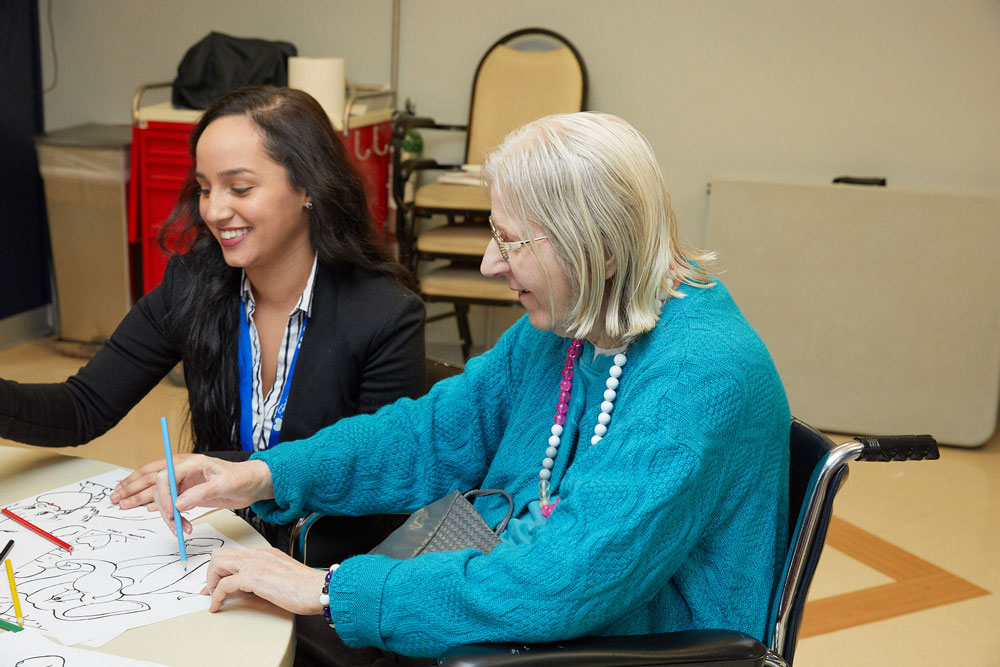What Causes Rheumatoid Arthritis and Can You Slow It?
As yet, the specific cause of RA is unknown. So far research indicates that physical, genetic, and environmental factors may have a role in a person’s risk for RA. Although it is not fully understood what causes rheumatoid arthritis, over the years, studies have concluded that you could be susceptible if your family has a history of RA, if you are a woman, if you are between the ages of 40 to 60, or if you smoke.
Treatment is not all about medicine. Exercise and physical therapy are also used in managing the symptoms of rheumatoid arthritis in adults. The goal of treating it is to suppress pain, reduce inflammation and improve the patient’s overall quality of life.
At Fairview Rehab in Queens, NY, we believe that no chronic condition, including RA, should impair the quality of life of patients. We offer outpatient and inpatient rehab therapies in our well-equipped facility. Here, we have a dedicated team of therapists that are sensitive to each individual’s needs.

What causes rheumatoid arthritis?
As opposed to the wear-and-tear bone damage caused by osteoarthritis, RA is an autoimmune disorder. This is when a person’s immune system – which usually fights infection – attacks healthy body tissue, thus causing chronic inflammation.
RA synovial cells (tissues that contour the inside of joints) multiply uncontrollably. These then form a mass of tissue that produces harmful enzymes which in turn weaken the cartilage. As a result, the bone surfaces stick together which, in turn, restricts motion and causes devastating pain.
Researchers are still investigating other factors that may be responsible.
Other causes:
- Joint injury
Severe injury or trauma to a joint may trigger continuous localized persistent inflammation. This may go on for an unspecified period. Eventually, it can result in the spread of inflammation to various other joints.
- Stress and neurological diseases
Extensive research has helped healthcare professionals to see the link between stress, neurological diseases and rheumatoid arthritis. A wide spectrum of neurological disorders occurs in RA resulting in strokes, migraines, dementia to name a few.
- Obesity
Though not commonly known, obesity does raise the risk of getting RA. Nearly 2/3 of adults living with RA are obese. This is because fat cells discharge proteins which provoke the inflammation already present in the joints. As you add weight, the proteins circulating in the body increase causing even more severe rheumatoid arthritis in adults. In addition to this, excess fat mass increases stress especially on weight-bearing joints like the knees and hips. Each pound of extra weight brings about four pounds of excess pressure on the knees. This is why overweight people have a higher risk of developing RA.
How to slow rheumatoid arthritis?
True, rheumatoid arthritis has no cure. But the good news is that new types of medication have significantly improved treatment options for this condition. Early treatment can prevent the condition from worsening and could help patients lead a full life. Also consider lifestyle changes such as stress management, regular physical activities, more plant-based diet to slow the progression of this debilitating disease. So, a quality of life is definitely possible with arthritis.
This article contains informational and educational materials and does not replace health or medical advice. For questions or concerns regarding your medical condition or health objectives, speak to a qualified physician or healthcare provider.






Leave A Comment